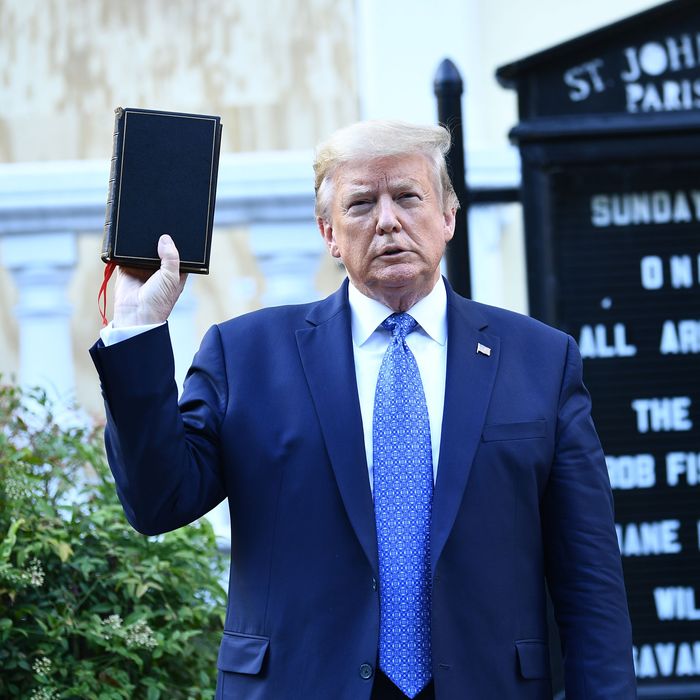
I appreciate you efforts to 'prove' that Christianity is the wellspring of Democracy, Freedom, Liberty, Social Justice, Equality for Women, LGBT Marriage, and the End of War.
... But, I think it is a false connection.
So you won't even look at data, like a world map.
You can search Wikipedia till the cows come home for examples of corruption and injustice in church institutions.
You could do the same thing for any human institution or ideology.
The question is not whether there is corruption and injustice in church institutions.
The question and premise has never been that Christianity created democracy.
A widespread perception among scholars is that democratic institutions slowly took root during and after the Protestant reformation. The social context of Protestantism was relatively unique when compared to the social contexts of other world religions.
By world standards of the 17th to 19th centuries, Protestant social context provides fertile ground for individualism, plurality of ideas, civic engagement, an explicit embrace of mercantile capitalism.
In contrast, Confucianism eschews individualism and teaches deference to authority.
Hinduism enforces a rigid social caste system.
Islam generally looks toward theocracy.
Buddhism and Daoism focus on transcendence and do not particularly look towards civic engagement.
If you would bother youself to look at s world map, you would see that liberal democracies and constitutional monarchies tracked with Protestant-majority countries....
Not in Confucian, Islamic, or Hindi civilizations.
Do you really think it is sheer coincidence democratic traditions germinated in a Protestant social context, rather than an Islamic, Hindi, or Confucian one?
It gives me no pride or joy to say that. I am not protestant, and I do not particularly care for Protestantism.
But I see no downsides to being intellectually honest in thinking about world history.


